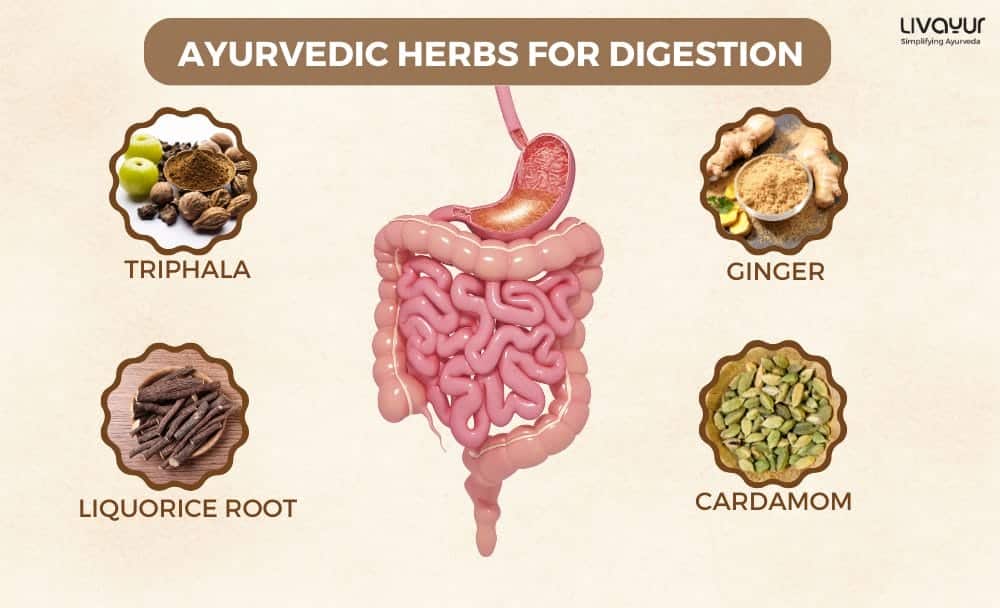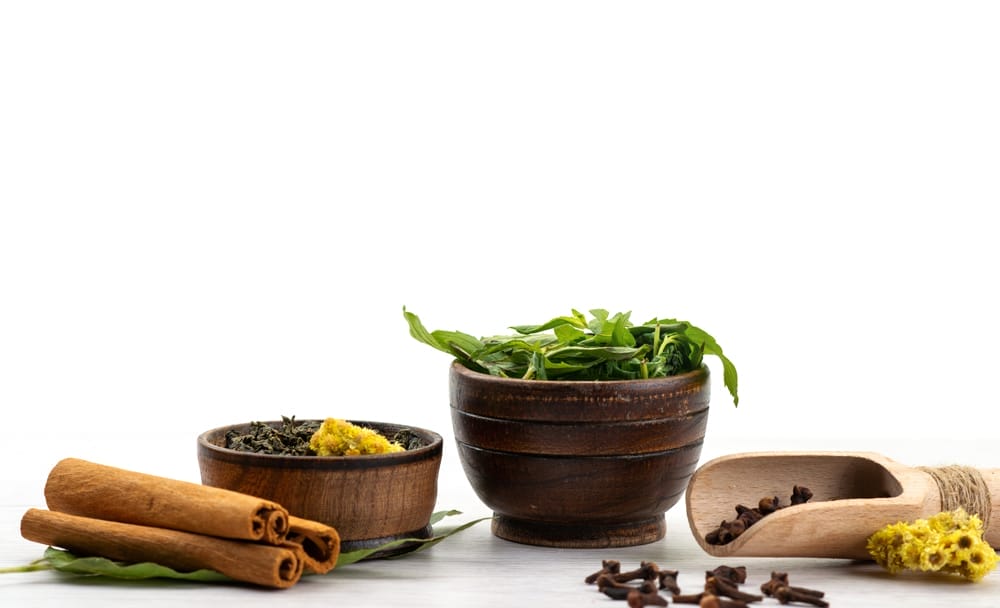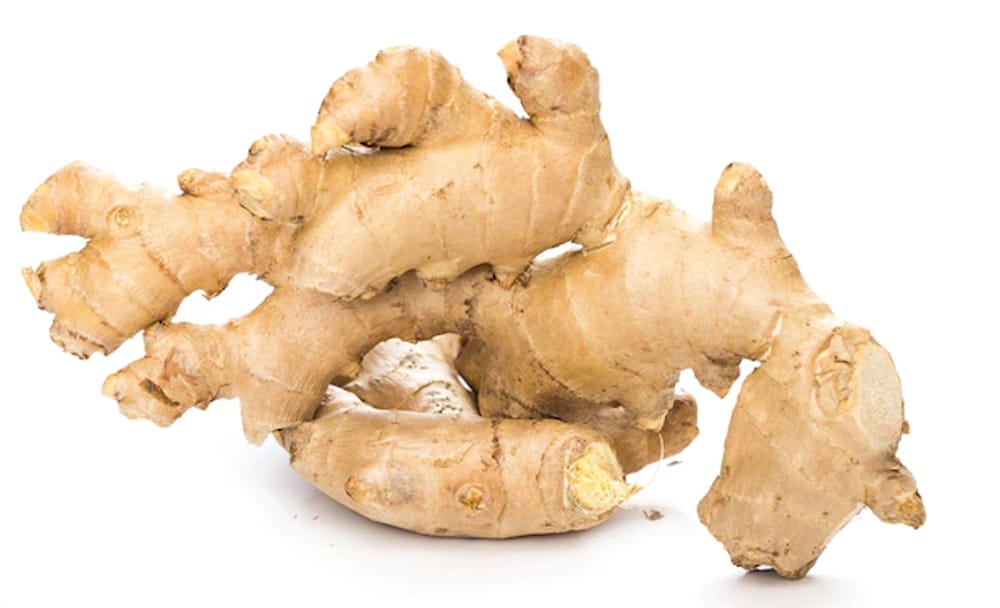 The term ‘Gut’ refers to all the parts of the digestive tract that are responsible for the process of digestion. The digestive tract includes the mouth, oesophagus, stomach, pancreas, liver, gallbladder, small intestine, large intestine (colon), and rectum. Apart from this, there is an ecosystem of about a trillion bacterias known as microbiome that help in digestion and are essential in maintaining balance.
The term ‘Gut’ refers to all the parts of the digestive tract that are responsible for the process of digestion. The digestive tract includes the mouth, oesophagus, stomach, pancreas, liver, gallbladder, small intestine, large intestine (colon), and rectum. Apart from this, there is an ecosystem of about a trillion bacterias known as microbiome that help in digestion and are essential in maintaining balance.
Herbs To support digestion

The microbiome network of bacteria consists of both good and bad bacteria. Good bacteria are responsible for improving gut health reason why it is important to promote the growth of good bacteria which is possible with the use of prebiotics which are substances that act as food for good bacteria and prosper the ecosystem.
Certain Ayurvedic herbs have proved to act as probiotics which are live organisms that can survive in the digestive tract and provide benefits to overall health. These Ayurvedic herbs consumed with a daily diet can help maintain the balance of good and bad bacteria.
Some Of These Herbs Are Mentioned Below
Triphala
It is a traditional ayurvedic medicine used for centuries to treat leaky gut. Triphala refers to a herbal blend of three plants: Amla(Indian gooseberry), Bibhitaki, and Haritaki. Triphala is a form of mild laxative that contains various nutrients and antioxidants which can alleviate gastrointestinal distress such as bloating, constipation, and abdominal pain. Triphala is typically employed to help heal the epithelial lining in the gut, to enhance barrier function (keeping the gut from becoming leaky), and to improve absorption of nutrients.
Liquorice Root
Liquorice root is another Ayurvedic wonder which can help in reducing inflammation and irritation on the membrane lining. It is also said to eliminate bad bacteria and help in preventing peptic ulcers.
Slippery Elm
This herb is mostly used in healing mucus membranes in the stomach and is prescribed to patients with irritable bowel syndrome as the herb can alleviate heartburn, and provide an antioxidant effect in inflammatory bowel conditions like Crohn’s.
Ginger

One of the most common and most popular herbs which are found in almost every household despite demographical differences is ginger. It contains phenolic compounds which provide relief in case of gastrointestinal irritations, and also stimulate saliva and bile production. Ginger reduces intestinal contractions by relaxing the intestinal muscles and allows digested food to pass more easily.
Coriander Seeds
Coriander seeds are said to be used for thousands of years to treat digestive issues. Coriander has carminative, antispasmodic and stomachic properties. It calms intestinal spasms and relieves gas.
Cardamon
Cardamon belongs to the Zingiberaceae botanical family same as ginger. Its digestive properties are highlighted both in Ayurvedic literature as well as Chinese. It relieves bloating and gas and has antispasmodic properties which make it capable of reducing the rate of stomach muscle cramping.
Conclusion
In the modern world, there are a lot of factors affecting gut health like stress, exercise, exposure to environmental toxins and diet. Ayurveda with its traditional medicine practices has known that certain herbs can promote gut health. If you believe you’re struggling with a leaky gut or poor gut health, consider adding herbs to your healthy lifestyle.




















